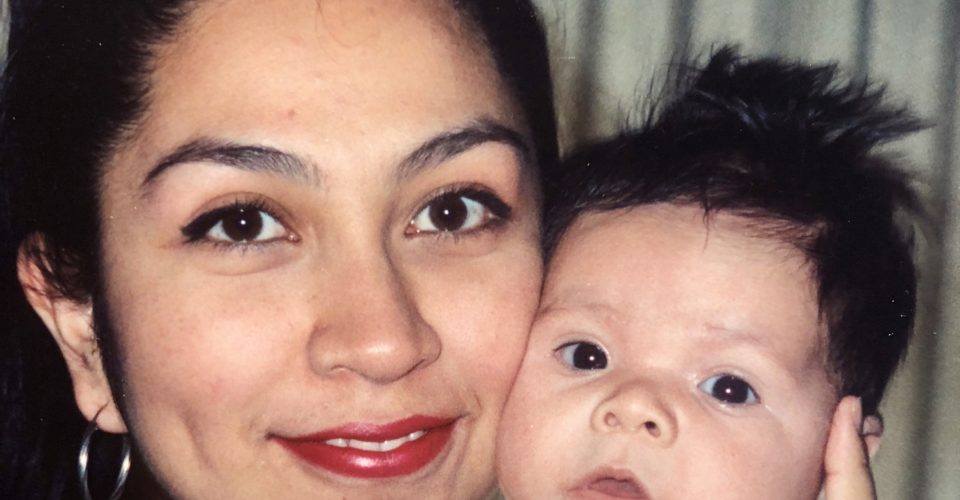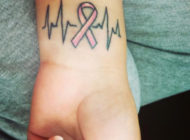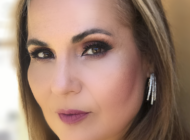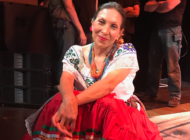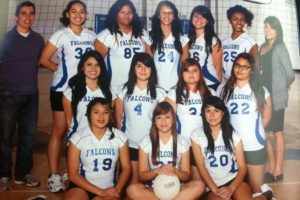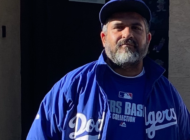I grew up listening to the family conversations of multiple sclerosis; the tingling and numbness in the body and unpredictable pain. I never thought that this could be something that happened to someone so close to me.
By XÓCHITL HERNÁNDEZ
EL NUEVO SOL
I remember my mother’s feet dragging (something the doctor called “drop foot”), her legs tingling, and the doctors finding a lesion in her brain. My mother comes from a family lineage of health problems, one of which was her brother who was diagnosed with an aggressive form of multiple sclerosis when he was only 17. Multiple sclerosis is a chronic autoimmune disease that involves genetic damage to the myelin sheath of nerve cells in the brain and spinal cord. Its symptoms can include tingling or numbness in the body, blurred vision, chronic fatigue, severe pain, migraines, tremors, etc. But what makes this disease incredibly difficult to diagnose and treat is that its symptoms and different strains are different for everyone.
I grew up listening to the family conversations of multiple sclerosis; the tingling and numbness in the body and unpredictable pain. I never thought that this could be something that happened to someone so close to me. But this became a reality during my second year in college, while I was standing outside my class on the phone with my father, who told me that the doctor’s multiple sclerosis diagnosis of my best friend, my mother.
This happened during a season where my aunt was diagnosed with cancer and the passing’s of my great-grandmother and grandmother’s late husband (who died of cancer). Of the plethora of family members who had health problems and frequent visits to the hospital, one of them was now my mother.
We were fortunate that the neurologist said that my mother’s multiple sclerosis was a mild case. Still, adapting to my mother’s multiple sclerosis has been a journey of pain, fights, joy and healing. Every other day, my mother has to give herself injections into her stomach as part of her medication. Sometimes the medication and its flu-like symptoms make her incredibly emotional which add to this diseases’ difficulty, not just for her but our family as well. Dealing with all of this and being a working-commuter student at school every day was obviously very overwhelming at times and anxiety-triggering.
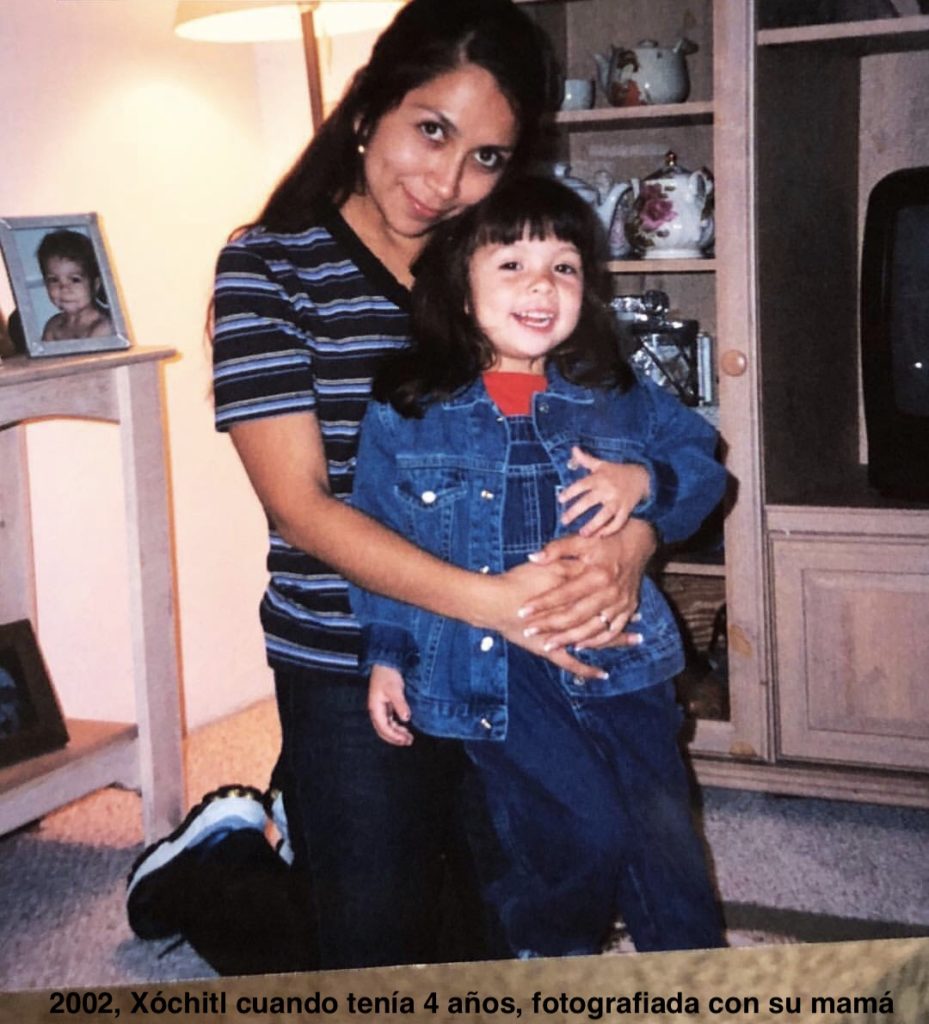
There was a time where I was angry at my mother for her diagnosis and inability to control her body, even though it wasn’t her fault nor under her power. But I learned to forgive my mom’s Multiple Sclerosis, the unexpected circumstances of life, illnesses, and great pains, because triumph is just around the corner. In addition, we, the Hernández family, are strong and remain united as our ancestors have taught us. When diseases, death and hospitals tried to destroy us, we learned how to fight our battles while rejoicing in our blessings. I found perfect peace when I lost control and the desire to have authority to “fix” this situation, knowing that the only one in control is God whose kindness and mercy supersedes all things.
I know that I am not the only person who has diseases and other issues in my family. Especially for students who may also have sick family members or an illness themselves, it is important to receive help in these circumstances considering it can also affect a person’s emotional wellbeing. My mother and I benefited greatly from going to therapy for our emotional healing which is still a journey every day. In addition, Latinos and African-Americans are less likely to seek treatment when they have symptoms of multiple sclerosis or other diseases, especially in the case of mental health.
I want to raise awareness about this disease that affects many beloved people close to me in addition to more than 1 million in the United States and 2.3 million in the entire world. For more information on multiple sclerosis visit the National Multipe Sclerosis Society. Here at California State Univrsity, Northridge, there are also support groups and free therapy services.
Tags: health multiple sclerosis Xóchitl Hernández






